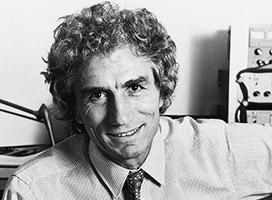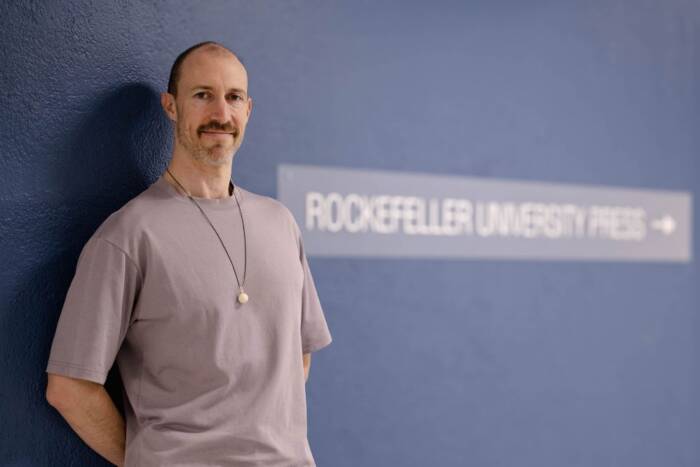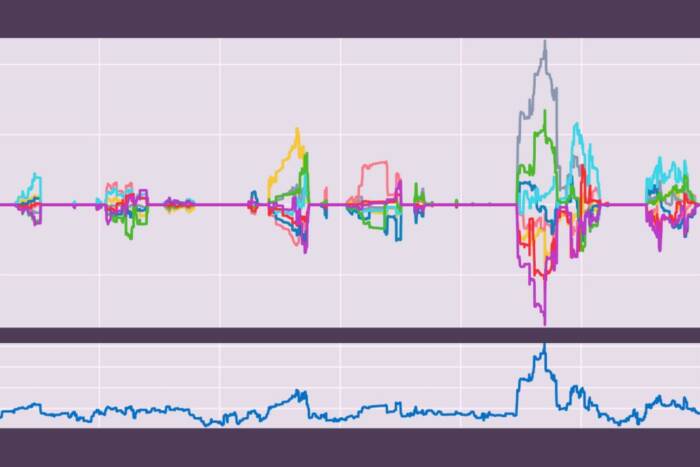Four Rockefeller scientists elected to the National Academy of Sciences
Four Rockefeller University scientists — Titia de Lange, Charles D. Gilbert, Michael E. O’Donnell and Jeffrey V. Ravetch — have been elected to the U.S. National Academy of Sciences, a private organization of scientists and engineers dedicated to the furtherance of science and its use for the general welfare. The NAS announced the elections April 25.
The National Academy of Sciences was established in 1863 by a congressional act of incorporation signed by Abraham Lincoln. The act calls on the Academy to serve as an official advisor to the federal government upon request in any matter of science or technology.
Today’s election brings the total number of Rockefeller University faculty who are members or foreign associates of the Academy to 36. de Lange was elected as one of 18 foreign associates, nonvoting members with citizenship outside the United States.
de Lange is Leon Hess Professor and head of the Laboratory of Cell Biology and Genetics. She studies how loops of DNA-protein complexes at the ends of human chromosomes, called telomeres, protect chromosome ends and mediate their replication. Her research is aimed at determining how cells distinguish natural chromosome ends from accidental breaks in DNA, and what happens when telomere protection is lost.
Gilbert, Arthur and Janet Ross Professor and head of the Laboratory of Neurobiology, studies the mechanisms underlying visual perception, including the role of the brain’s visual cortex in analyzing visual images and in perceptual learning. His lab aims to understand the mechanisms of sensory processing in the cortex by working at the interface of microcircuitry, receptive field properties and functional architecture, and to establish the relationship between the operation of neuronal ensembles and perceptual performance.
O’Donnell, professor and head of the Laboratory of DNA Replication, is also an investigator at the Howard Hughes Medical Institute. His laboratory studies DNA replication mechanisms in cells, and his goal is to achieve an understanding in mechanical detail of how the numerous protein gears act together to duplicate DNA and how they function with repair and recombination factors as well.
Ravetch, who is Theresa and Eugene M. Lang Professor and head of the Leonard Wagner Laboratory of Molecular Genetics and Immunology, focuses on dissecting the cellular and molecular mechanisms governing the generation of specific immune system antibodies. His work seeks to identify the genetic components that stimulate the immune system to attack and the controls that maintain the immune system’s tolerance.


